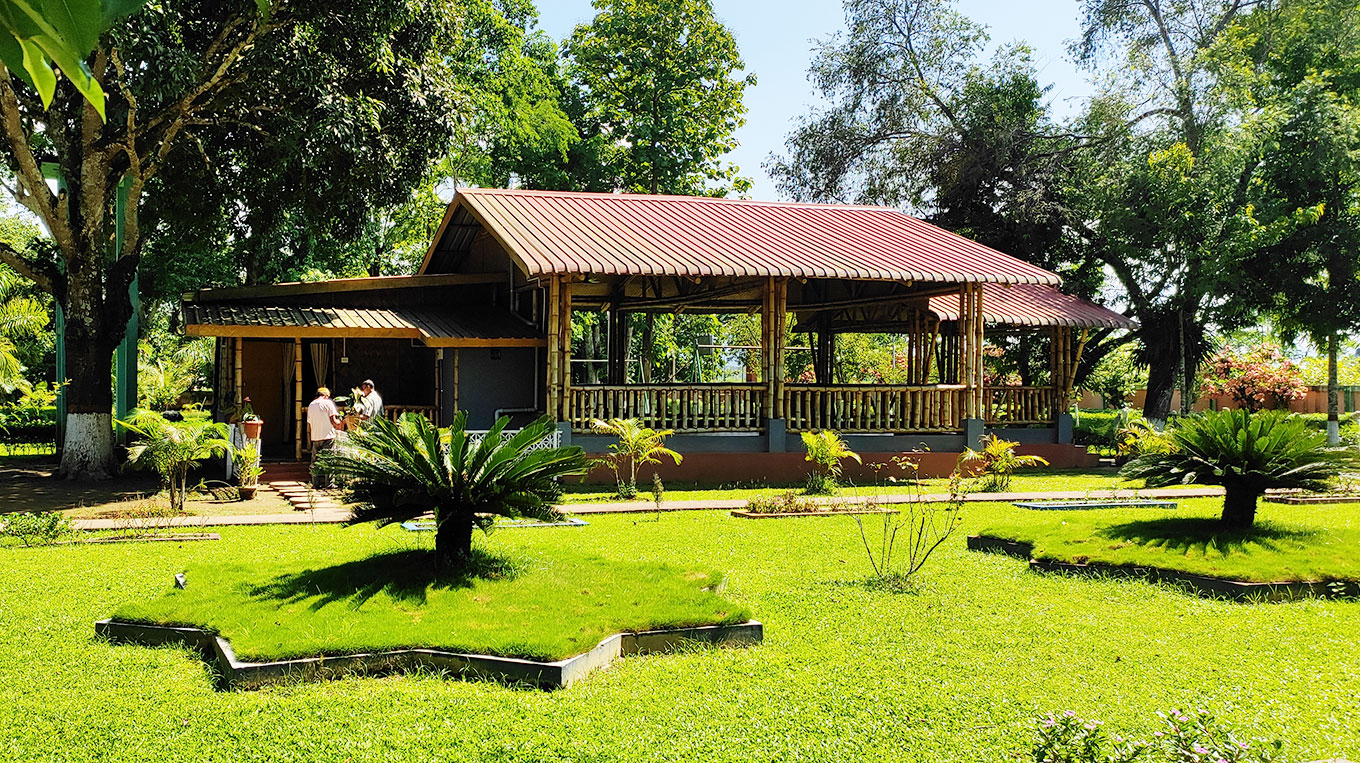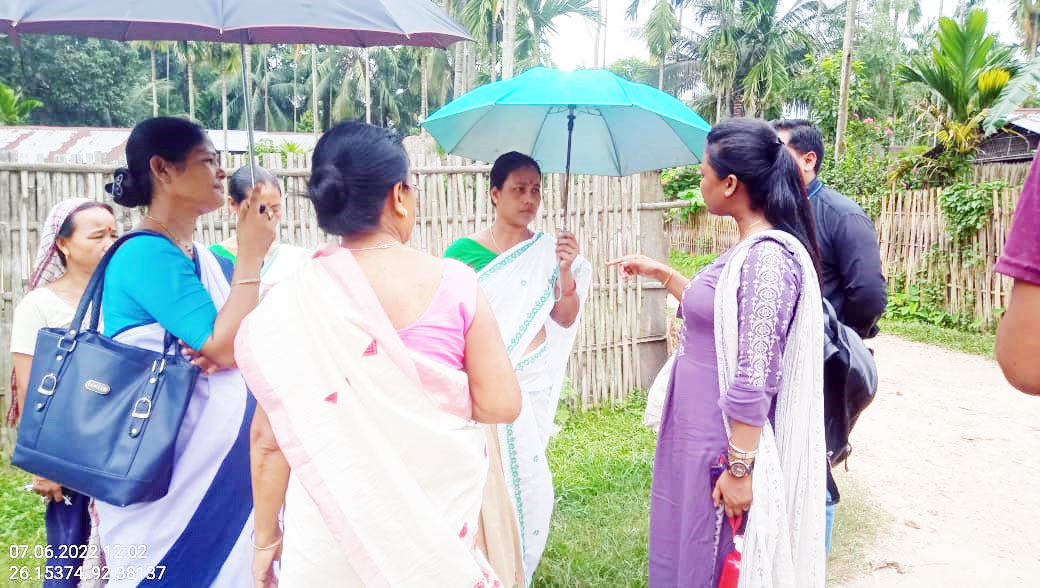
Community Engagement is one of the key interventions of APFBC Phase II, aimed at empowering forest communities whose support is critical in forest conservation.With limited livelihood opportunities, low household income, high rates of illiteracy, and poor accessibility, the forest communities are heavily dependent on the forest for their daily requirements as well as to supplement their income. Practices such as jhum cultivation where parts of forests are burnt to make room for agricultural land, illegal logging for personal as well as commercial use, and use of other forest products without any consideration for sustainability are common and rampant in many parts of the state.
Aim of the Project
The project aims to reduce their dependence on the forest by empowering them economically through livelihood training and connecting them to the market. It also aims to strengthen their ability to function independently, by creating/revisingmicroplans for all project communities, strengthening the JFMCs/EDCs and establishing social institutions (SHG, JLGs, etc.) that are self-sustainable.

Community Engagement Component
The community engagement component is divided into the following 4 major sub-components which will be implemented in Phase I and/or Phase II communities.
- a. Inclusive planning and convergence
- b. Strengthening of 140existing JFMCs and EDCswhich were taken up in Phase I
- c. Providing alternative livelihood training in125 new JFMCs and EDCs
- d. Market linkages
